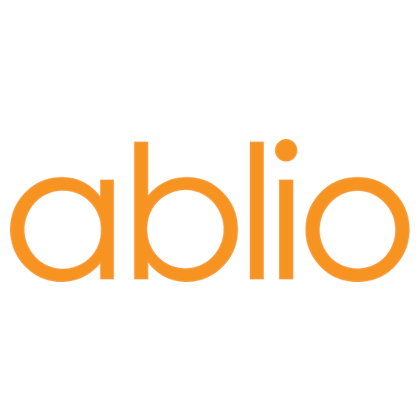How Ablio Qualifies Its Own Interpreters

The quality of Ablio interpreting services depends upon our interpreters’ professional skills. This article describes what’s happening “behind the scenes” of our selection, evaluation, and training processes.
Unfortunately, the qualification of an interpreter cannot be immediately recognised by checking his or her certifications unless they’re a member of a professional association such as AIIC. However, in order to properly verify their competence and ability to rise to the high standards required, it is important not only to carefully analyze their CV, but also to test their skills in real time scenarios.
To do so, Ablio has created its own verification, validation, and monitoring model for testing competence, which aims to improve upon all current international best practice and define a new standard of reference for the whole industry.
The Interpreters platform
Ablio aims to provide services in every language combination. That’s why every month we evaluate dozens or even hundreds of new applications from interpreters in all countries in a great variety of language combinations. We’ve therefore conceived a totally new approach, managed through a dedicated online platform entirely built in-house, that ensures optimal and efficient management of all processes related to the activities of our interpreters.
After signing up, candidates have access to information sections where they can gain a clear view of our operating procedures, the nature and requirements of their duties as an interpreter. They can submit their application by filling out a set of forms and questionnaires and upload additional required documentation such as CV, diplomas and professional certificates.
This initial documentation is then assigned to an internal “coach”: an expert interpreter and linguist in one of the candidate's languages, who will provide an initial screening and evaluation. Our evaluator coaches have at least five years’ experience and a training specialty, and once assigned to new applicants, they will follow and attend them during their entire permanence with Ablio.
Oral exam
After the initial screening, the candidate is requested to take an oral exam, consisting of a 22-minute interpreting session in the required language pairing. The oral test takes place online and is a simulation of a real service session similar to those that the candidate will be faced with as an interpreter working with Ablio. The conversations are pre-recorded with an adequate space for the interpreter to complete the bi-directional oral translation.
The entire oral test is recorded and added to a digital profile in order to be heard and evaluated by the assigned coach. In this way we don’t have to organize multiple sessions with interpreter and coach in attendance. The whole process obviously happens at different times and places, but we ensure that everybody is tested with the same scenarios.
Compared to oral language exams performed by the most renowned language schools, ours is certainly one of the most difficult and challenging, deliberately in such a way to highlight the candidate’s true qualities.
The evaluation
After the oral exam, a quality score is assigned to the application by the coach. The score also includes other evaluation parameters such as education level, interpreting experiences, time living abroad and more. The interpreter is then invited to study the functioning of the platform, which is automated and therefore different from other platforms. The interpreter should then schedule a practice session with the Interpreter Director, who will evaluate whether the interpreter has become sufficiently familiar with the platform’s functions and if the interpreter’s computer operating system works correctly with Ablio. Only at this point will the candidate be allowed to operate where minimum service level thresholds have been exceeded.
We have implemented an evaluation model—inspired by the European Parliament commissions’ model based on objective criteria that take as reference a grid of ten parameters which benchmark our Standards, thus allowing us to apply a uniform paradigm throughout our entire coaching team.
In order to be able to operate at the Expert level, candidates must also take further tests to verify their knowledge and skills in terminology and practices within specific contexts, such as medical, hospitals, legal and courts.
Support services
At the end of each interpreting session, the customer is invited to provide a personal evaluation of the quality of the service, assigning a rating that will update the overall quality score for the interpreter. Through constant monitoring of their performances and periodical coaching sessions, we are able to ensure the optimal quality of our interpreting services.
Furthermore, all interpreters are supported by the Technical and Specialist Services available 24/7 and have access to the "ablioteque": a repertoire of on-line courses, glossaries, exercises for constant professional training and improvement of their skills.
Conclusions
Here at Ablio our engineers have developed a digital training platform which automates the training processes, whilst at the same time avoiding the unsustainable costs of traditional training methods without compromising quality. Because of its efficiency we have an ever growing community of interpreters deployed across the globe.
Interested to know more? Please visit our websites:
ablio.eu - General Website
ablio.com - OPI Platform
ablioconference.com - Simultaneous Interpreting Platform

